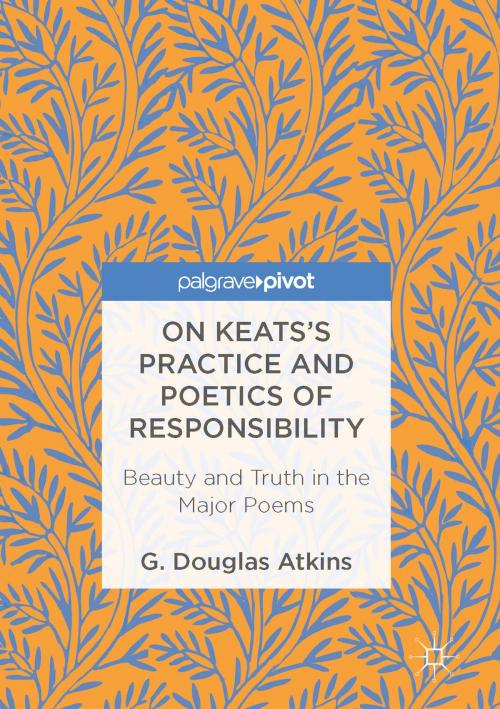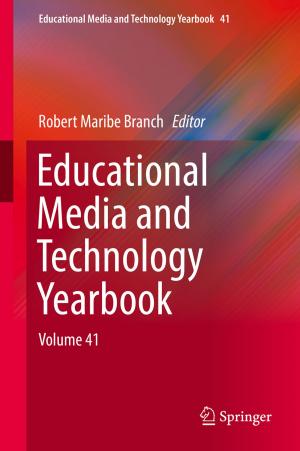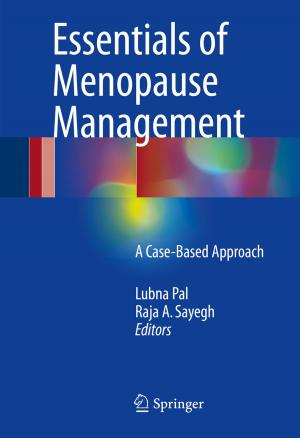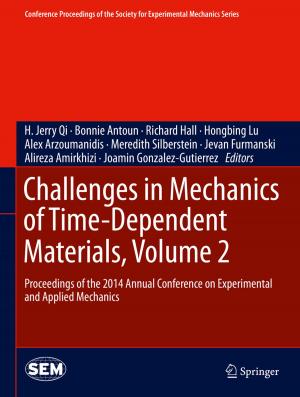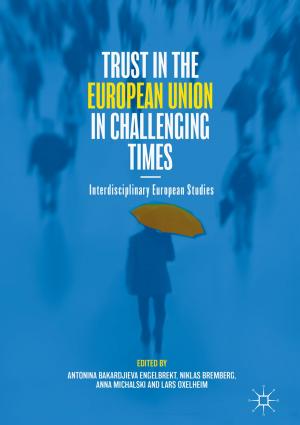On Keats’s Practice and Poetics of Responsibility
Beauty and Truth in the Major Poems
Fiction & Literature, Literary Theory & Criticism, Poetry History & Criticism| Author: | G. Douglas Atkins | ISBN: | 9783319441443 |
| Publisher: | Springer International Publishing | Publication: | November 7, 2016 |
| Imprint: | Palgrave Macmillan | Language: | English |
| Author: | G. Douglas Atkins |
| ISBN: | 9783319441443 |
| Publisher: | Springer International Publishing |
| Publication: | November 7, 2016 |
| Imprint: | Palgrave Macmillan |
| Language: | English |
This accessible, informed, and engaging book offers fresh, new avenues into Keats’s poems and letters, including a valuable introduction to “the responsible poet.” Focusing on Keats’s sense of responsibility to truth, poetry, and the reader, G. Douglas Atkins, a noted T.S. Eliot critic, writes as an *ama-*teur. He reads the letters as literary texts, essayistic and dramatic; the Odes in comparison with Eliot’s treatment of similar subjects; “The Eve of St. Agnes” by adding to his respected earlier article on the poem an addendum outlining a bold new reading; “Lamia” by focusing on its complex and perplexing treatment of philosophy and imagination and revealing how Keats literally represents philosophy as functioning within poetry. Comparing Keats with Eliot, poet-philosopher, this book generates valuable insight into Keats’s successful and often sophisticated poetic treatment of ideas, accentuating the image of him as “the responsible poet.”
This accessible, informed, and engaging book offers fresh, new avenues into Keats’s poems and letters, including a valuable introduction to “the responsible poet.” Focusing on Keats’s sense of responsibility to truth, poetry, and the reader, G. Douglas Atkins, a noted T.S. Eliot critic, writes as an *ama-*teur. He reads the letters as literary texts, essayistic and dramatic; the Odes in comparison with Eliot’s treatment of similar subjects; “The Eve of St. Agnes” by adding to his respected earlier article on the poem an addendum outlining a bold new reading; “Lamia” by focusing on its complex and perplexing treatment of philosophy and imagination and revealing how Keats literally represents philosophy as functioning within poetry. Comparing Keats with Eliot, poet-philosopher, this book generates valuable insight into Keats’s successful and often sophisticated poetic treatment of ideas, accentuating the image of him as “the responsible poet.”
